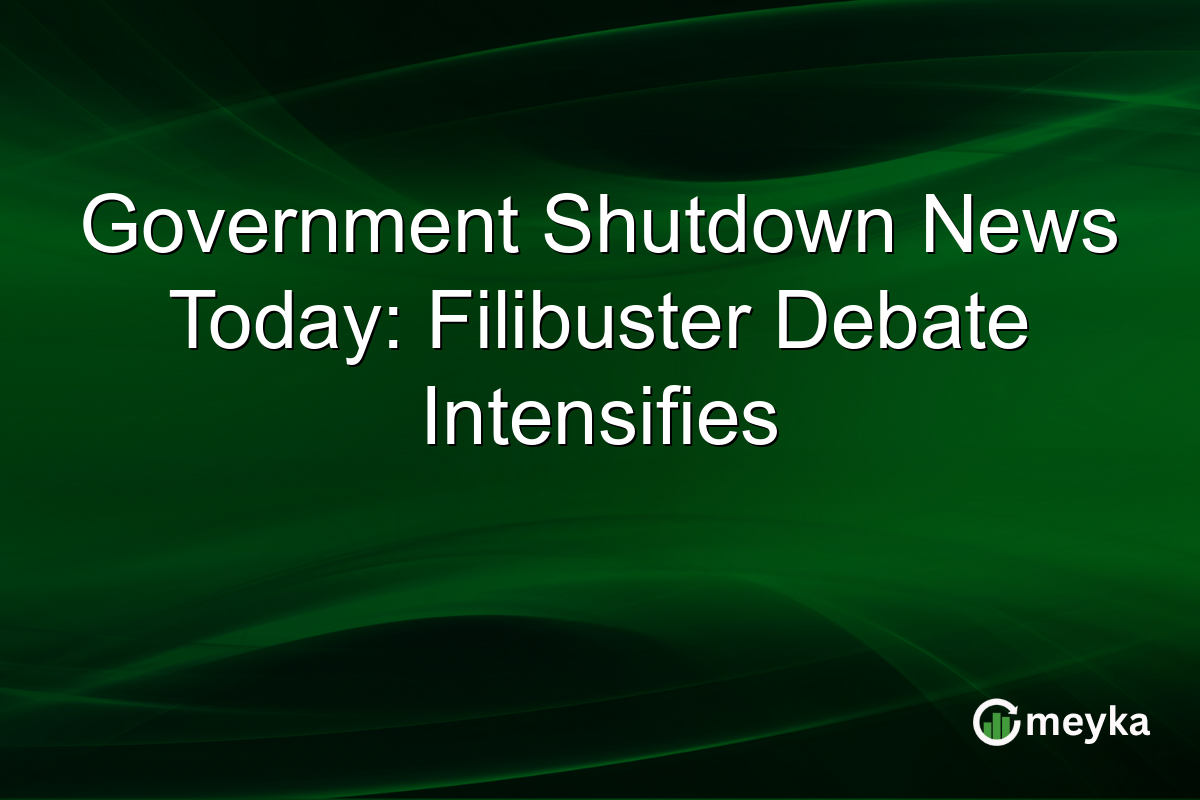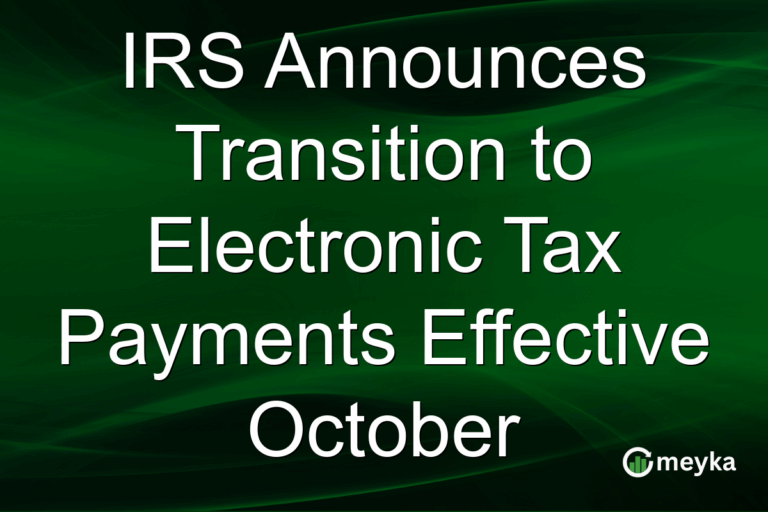Government Shutdown News Today: Filibuster Debate Intensifies
The Senate filibuster, a longstanding legislative tool, has taken center stage in current political debates. President Trump has urged Republicans to scrap the filibuster to end the ongoing government shutdown. This call has sparked resistance from many Senate Republicans, highlighting a growing divide within the party. This debate underscores the tension surrounding legislative procedures that affect market stability and governance.
Continue Reading on Meyka
This article is available in full on our main platform. Get access to complete analysis, stock insights, and more.
Read Full Article →





